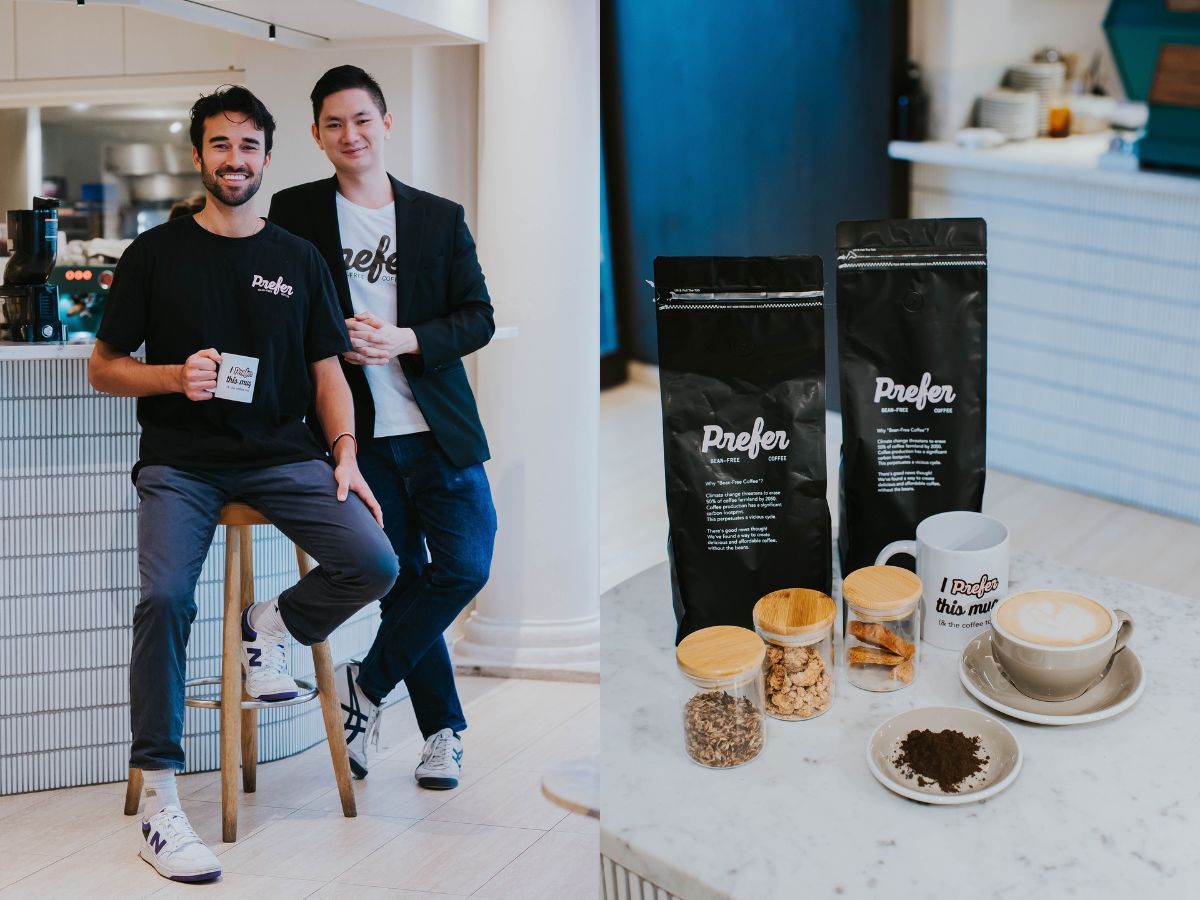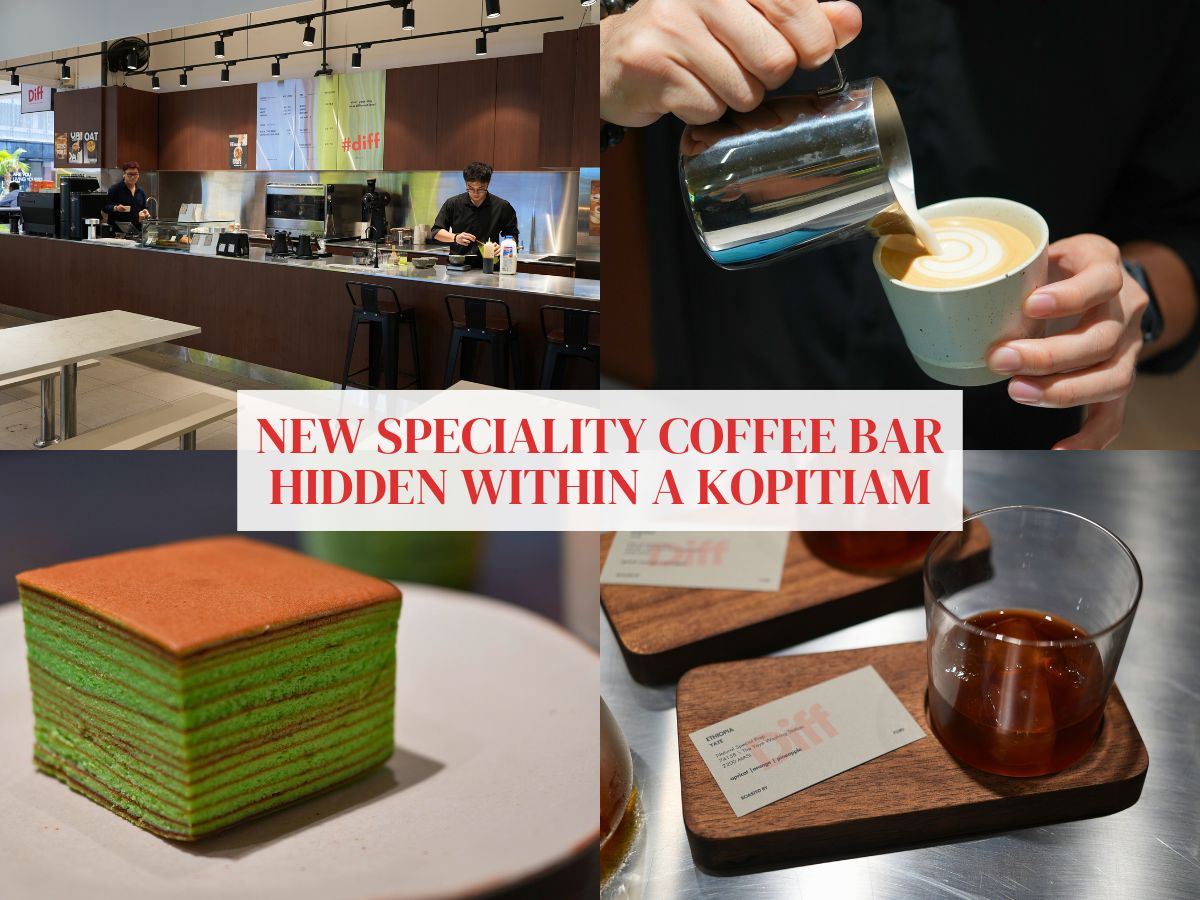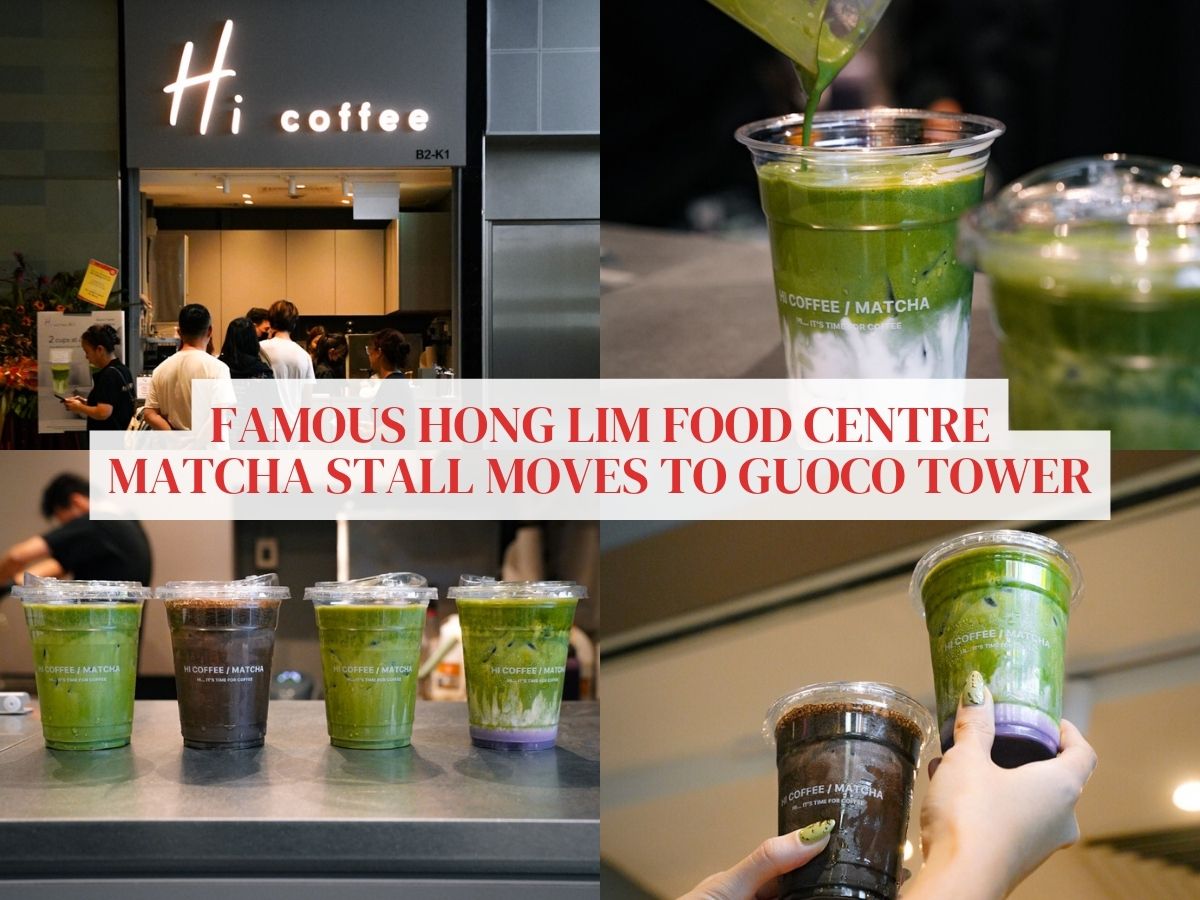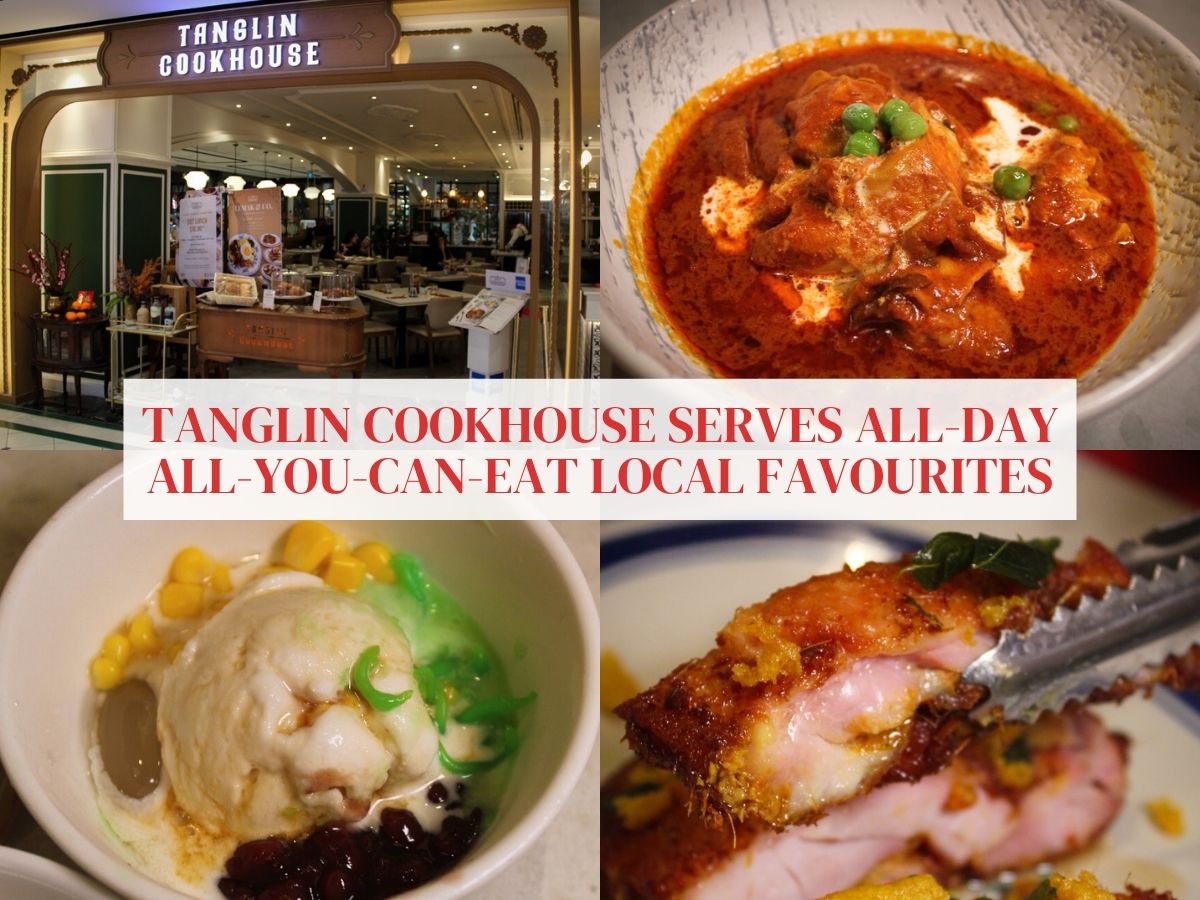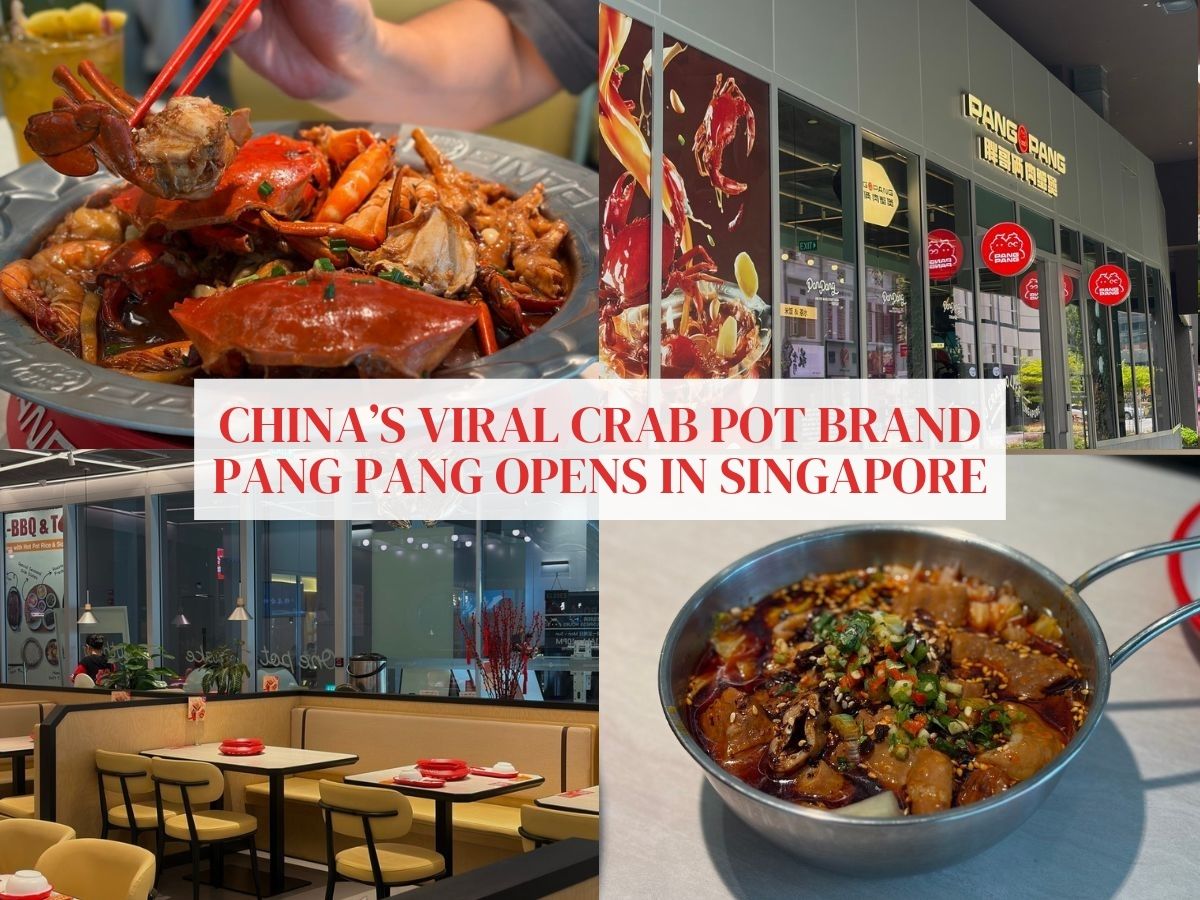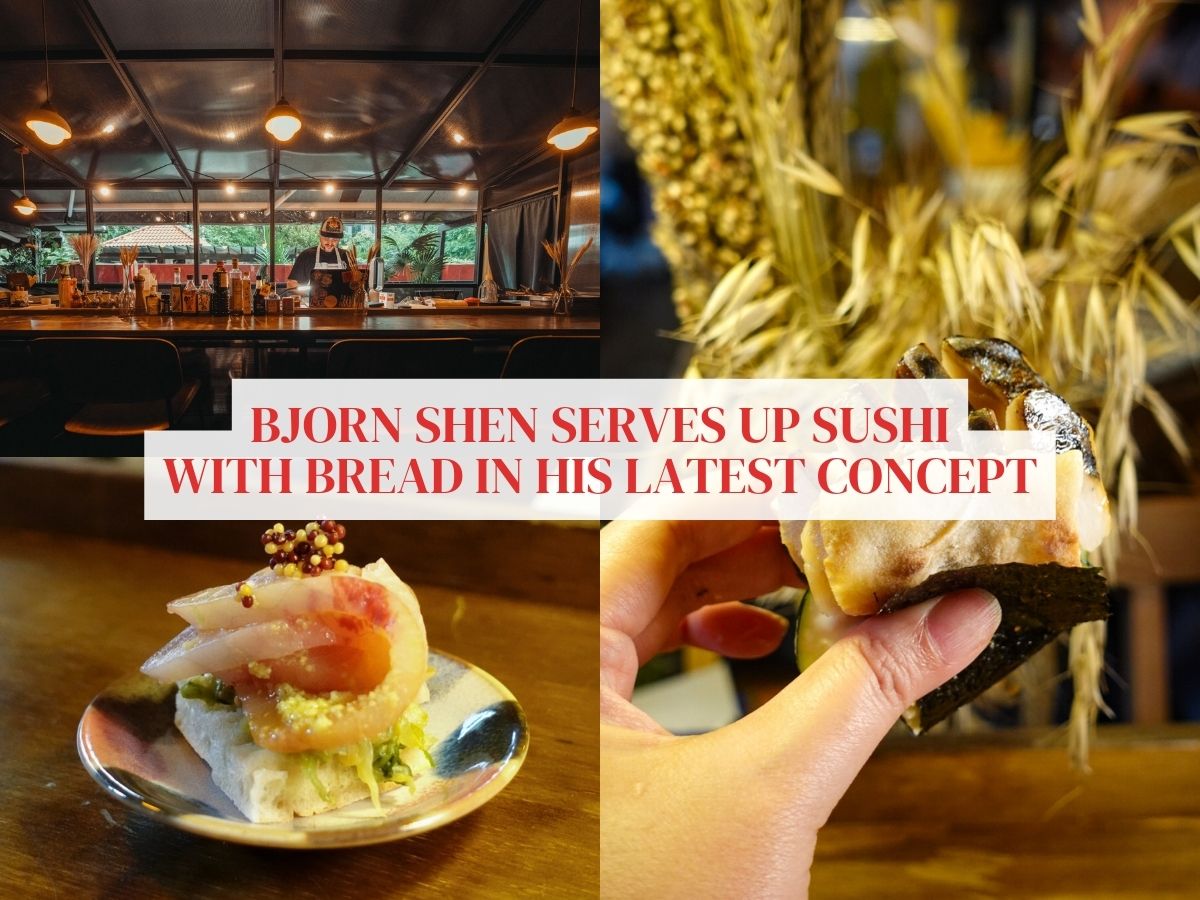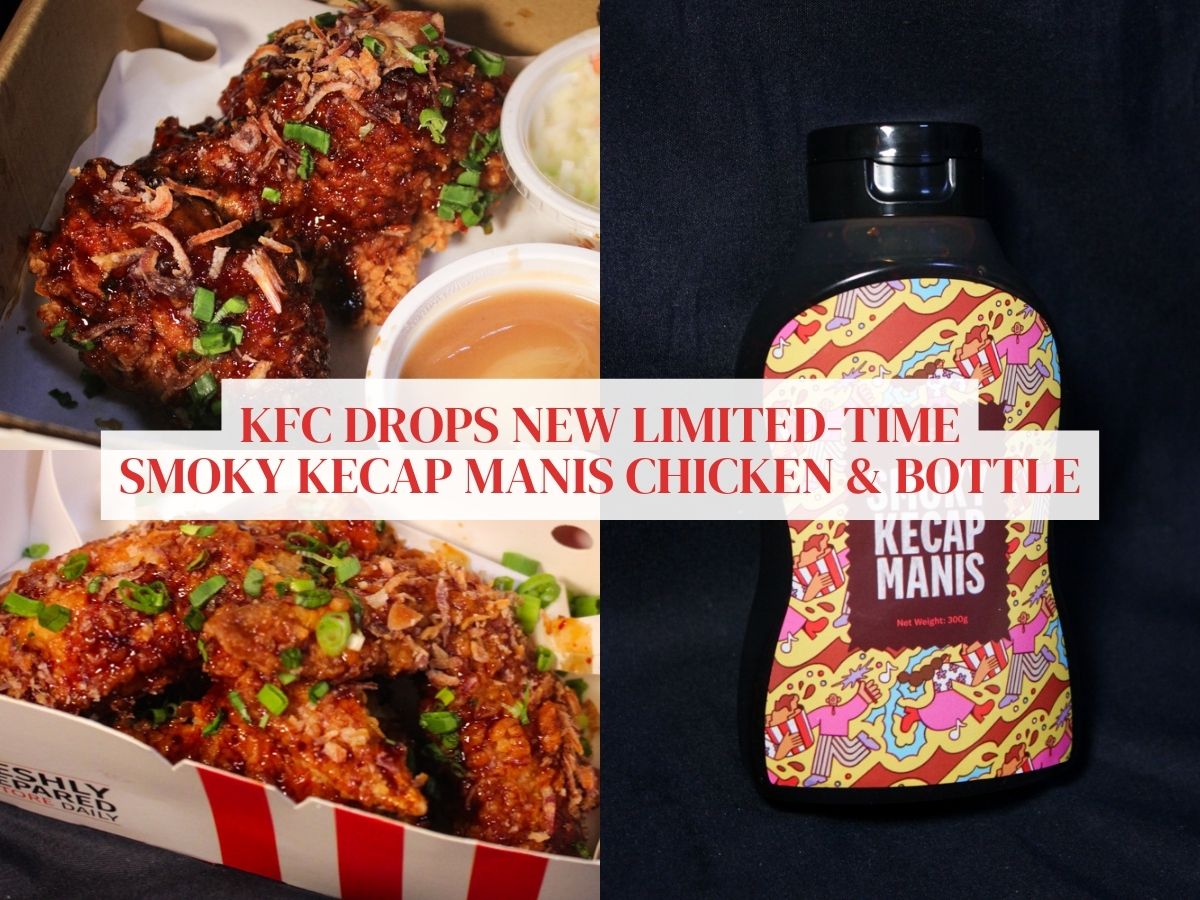Local startup Prefer launches bean-free coffee in sustainability push
Prefer having your coffee in a more environmentally friendly manner? Prefer, a new local bioflavours startup, wants to give you the option of a more sustainable cuppa.
How, you might ask? By offering bean-free coffee.
According to Prefer, coffee as a crop generates an estimated 29 kg of carbon dioxide per kilogram. If climate change is left unaddressed, there could be 50% less arable and suitable land for coffee production, which might lead to supply shocks.
The dynamic duo behind Prefer Coffee — food scientist Tan Ding Jie, 31, and former neuroscientist Jake Berber, 26 — believe that by creating coffee variants through fermentation, they’ll be able to tackle the issues of supply, rising costs and carbon emissions.
Ding Jie and Jake, who met through a startup accelerator programme, were both keen on creating sustainable solutions in the field of food.
As big coffee drinkers — Ding Jie is also a trained barista — they decided on working with coffee as the company’s first problem crop, with the intent to continue creating flavours that are affordable, sustainable and modifiable at the same time.
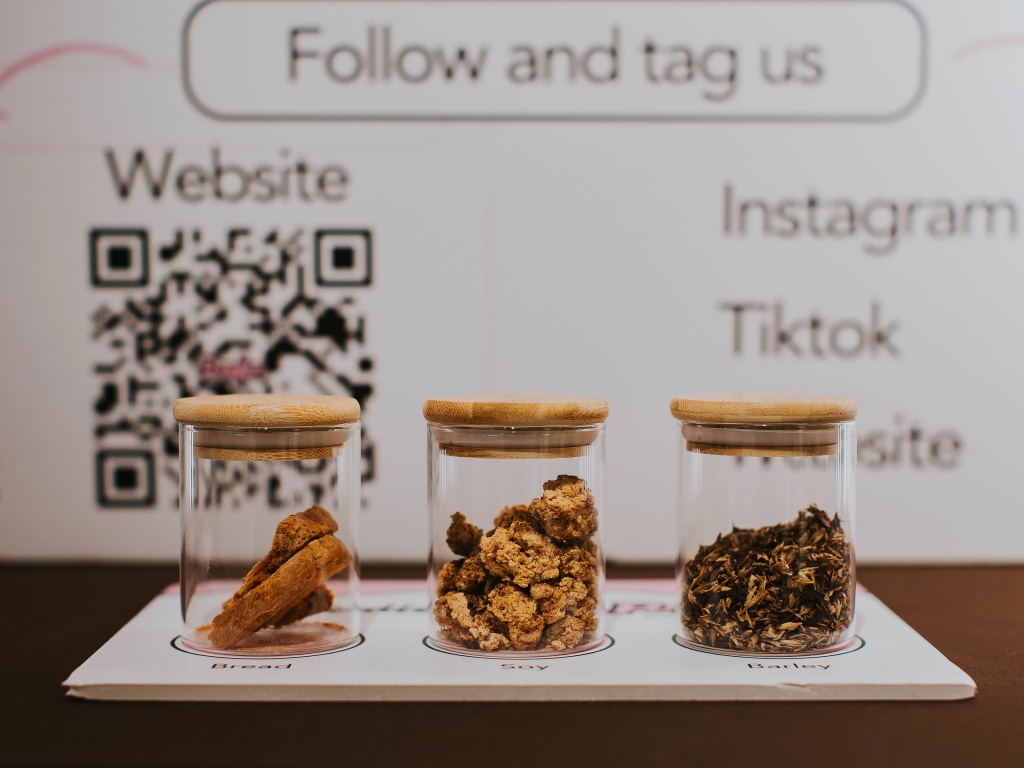
Says Jake: “The technology we have developed can create all sorts of different flavours, but we’re focusing on coffee first, because we believe that coffee is the crop that is most threatened by, and contributes to, climate change.”
For those who might not quite get the science behind it, Prefer first upcycles by-products from local companies (such as bread from Gardenia, soy bean pulp from Mr Bean and spent barley grains from local breweries).
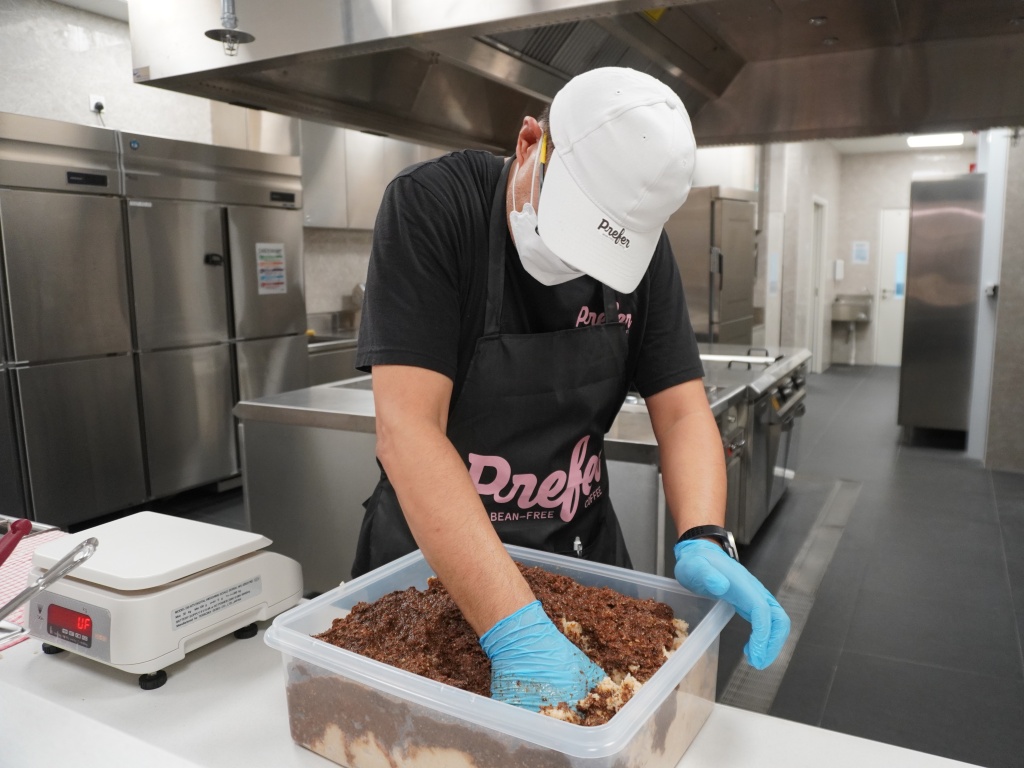
Thereafter, it is blended in a secret ratio, fermented and then roasted in an oven to bring out the right aroma and flavour you’d expect from coffee.
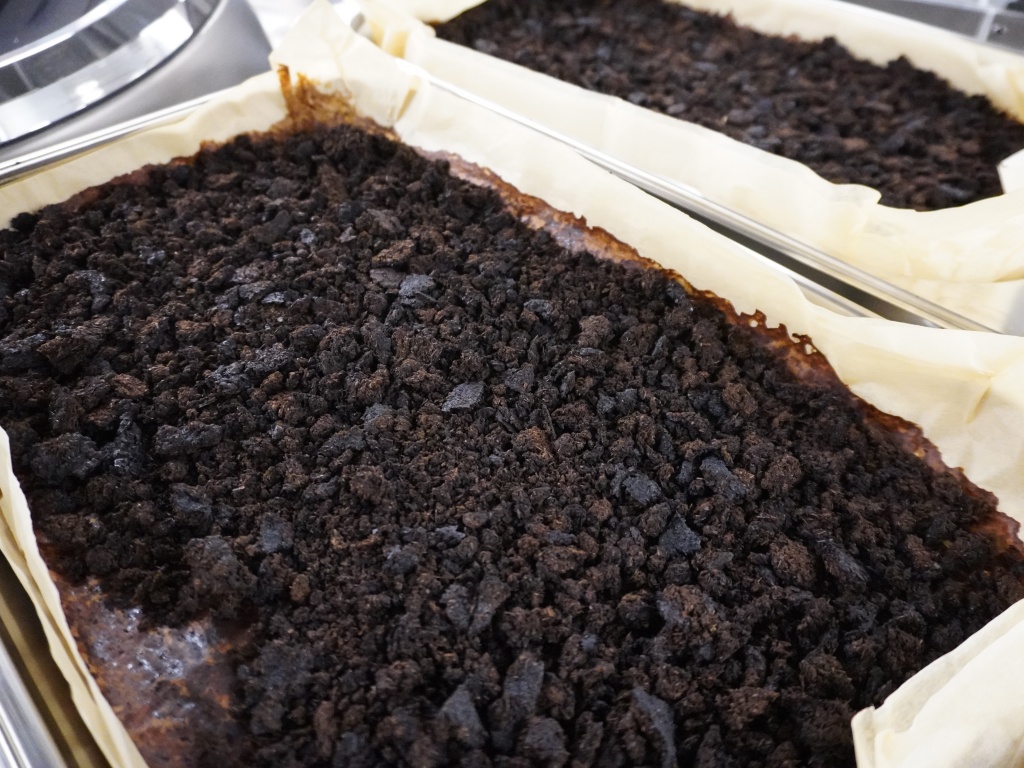
The end-product is then ground till the preferred fineness, depending on whatever the partnering cafes prefer — whether it’s fine for espresso, or medium coarse for drip brewing — and is compatible with standard espresso machines.
This whole process from blending to grinding takes a mere 48 hours. In contrast, coffee crops take an average of five years to bear their first fruit.
Prefer’s version of bean-free coffee is said to produce an estimated ten times less carbon dioxide than traditional coffee beans.
As a bioflavours company, Prefer also believes that it can create coffee profiles that might otherwise have to be sourced from countries such as Ethiopia or Columbia through fermentation. This cuts down import costs and business overheads on a whole.
The only catch? The resultant drink doesn’t actually contain caffeine on its own.
You’ll need to add caffeine powder — which can be derived from tea. But the founders see this as a benefit, since you are able to adjust the caffeine levels according to your preferences..
Related Articles:
Prefer coffee taste test
We were able to try different versions of the coffee at Prefer’s launch in end-February. On offer was an iced espresso tonic and as a regular cappuccino, albeit with oat milk.
We also had an espresso shot to taste the bean-free coffee as it was.
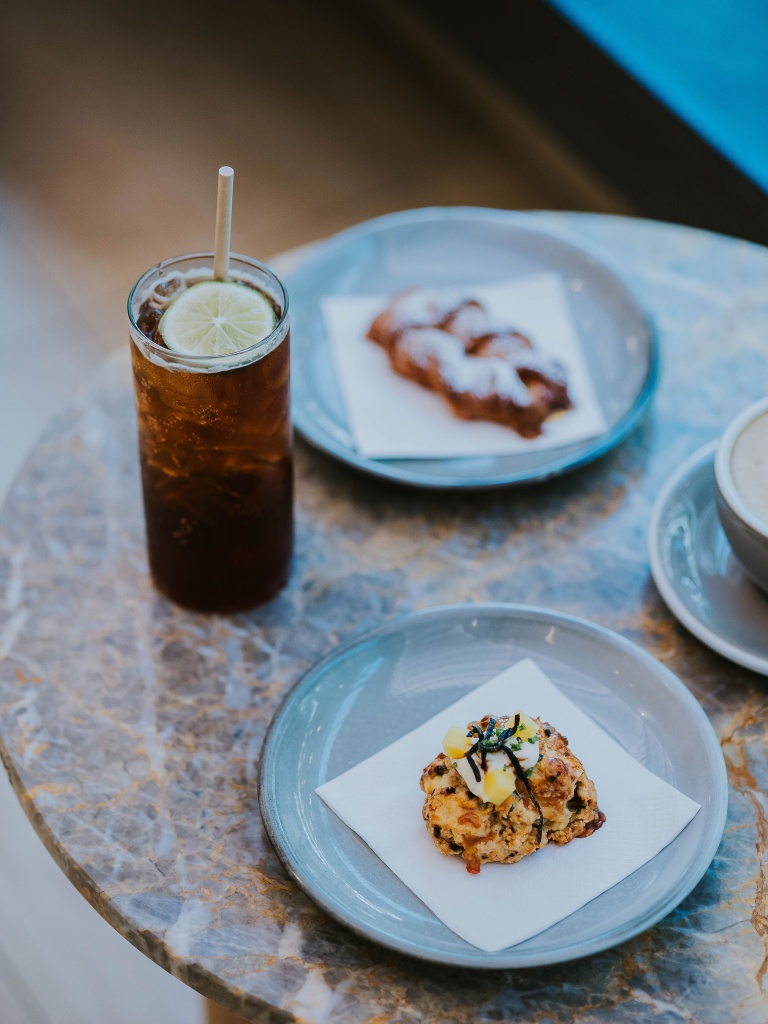
For the iced version, the “coffee” elements took a backseat entirely — I was able to pick up only the taste of the tonic water. Though the iced drink was more than welcome in the warm Singapore weather, it was not quite what I was expecting.
In the oat milk cappuccino, however, it was easier to detect hints of the “coffee”, which came across as malty and slightly chocolatey.
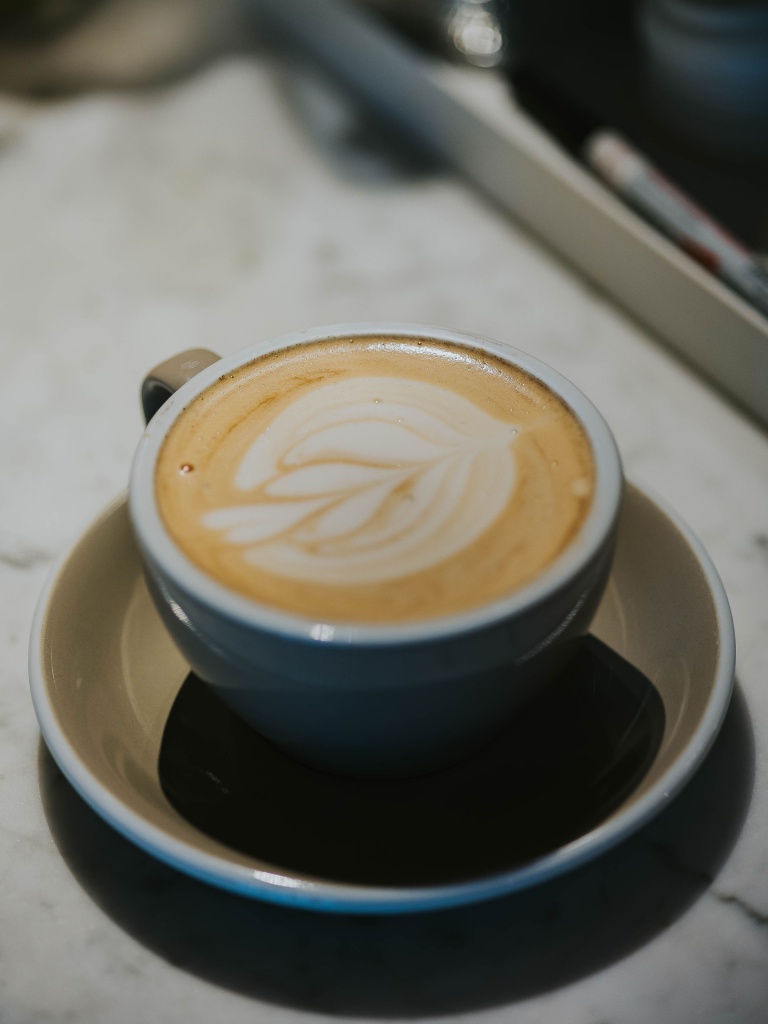
However, as someone who sometimes needs up to three cups of coffee a day to be functional, the absence of caffeine was definitely apparent.
But hey, if you enjoy nursing a cup of coffee while sitting in a cafe and may not necessarily need the caffeine kick, this might well work for you.
The espresso version also tasted similar to a regular coffee espresso, down to the mild, acidic notes, but again, it was lacking that obvious aroma of caffeine.
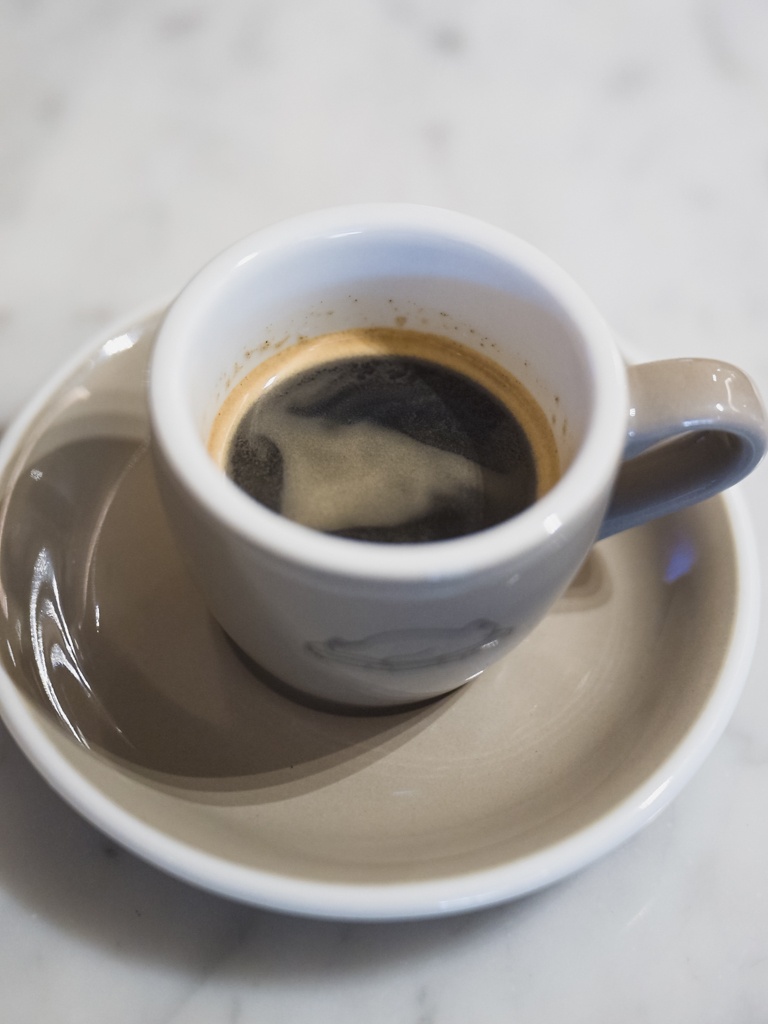
We didn’t get to try the caffeinated version of Prefer’s product, but “the caffeinated version tastes very similar, but if anything, with a slight bitterness that makes it even more coffee-like,” says Jake.
All things considered, we can see Prefer working well for those who might want a decaf or just a teeny smidge of coffee, or even as a supporting ingredient for coffee-flavoured drinks such as an espresso martini (I mean, who really needs a shot of actual caffeine at night, anyway?).
But don’t let my caffeine-obsessed self cloud your judgement — give Prefer coffee a go at local cafes such as Brash Boys, Coexist Coffee Co., Dough and Foreword Coffee Roasters, among others, and decide for yourself.
At least you’re helping save the world, too, while you’re at it.
This was a hosted media event.
Hungry for more? Check out our list of the best yong tau foo stalls in Singapore, and our take on the must-try stalls at the widely anticipated Kampong Gelam Ramadan bazaar.
Do explore GrabFood Dine-in service for awesome deals.
You can also book a ride to any of the cafes offering Prefer’s bean-free coffee.
